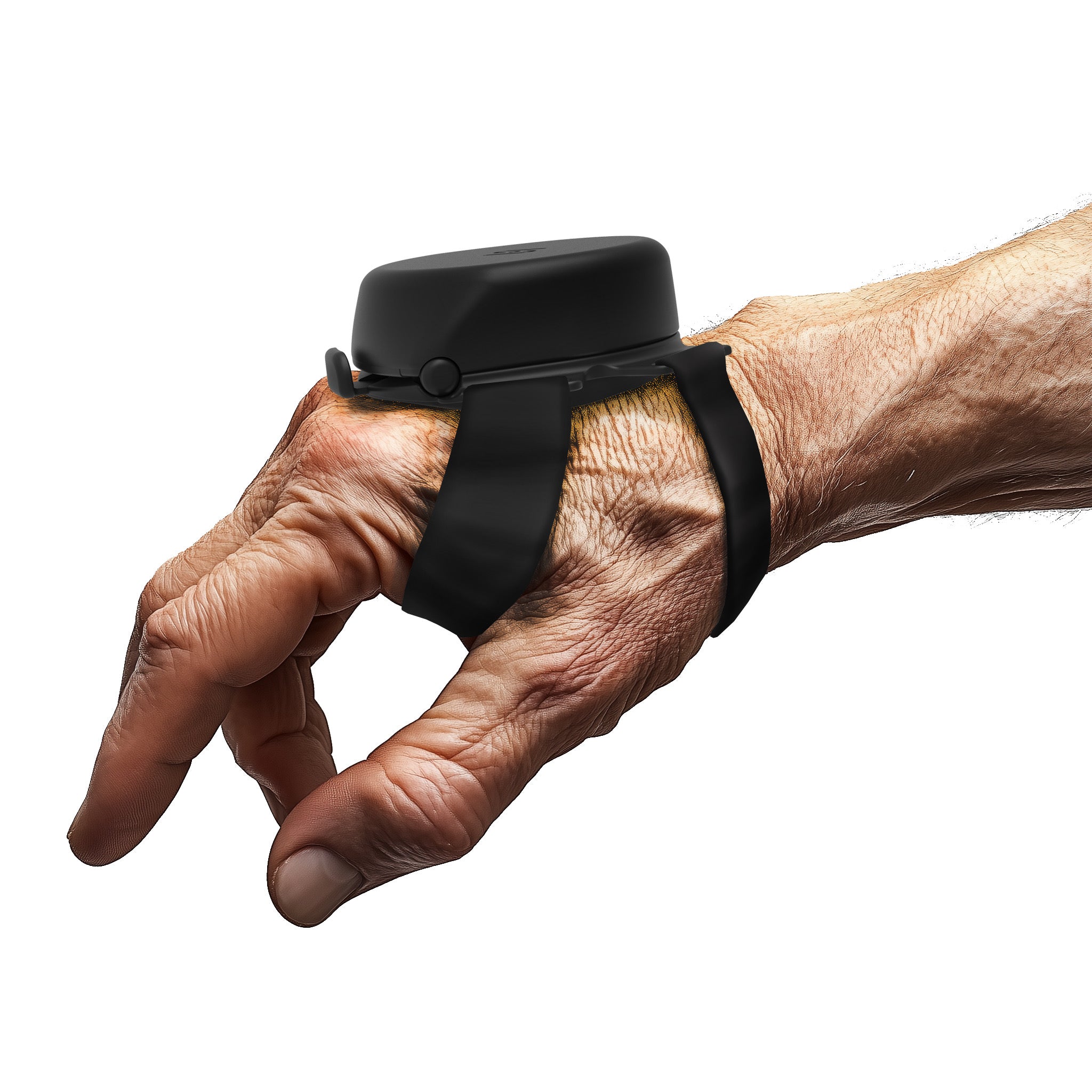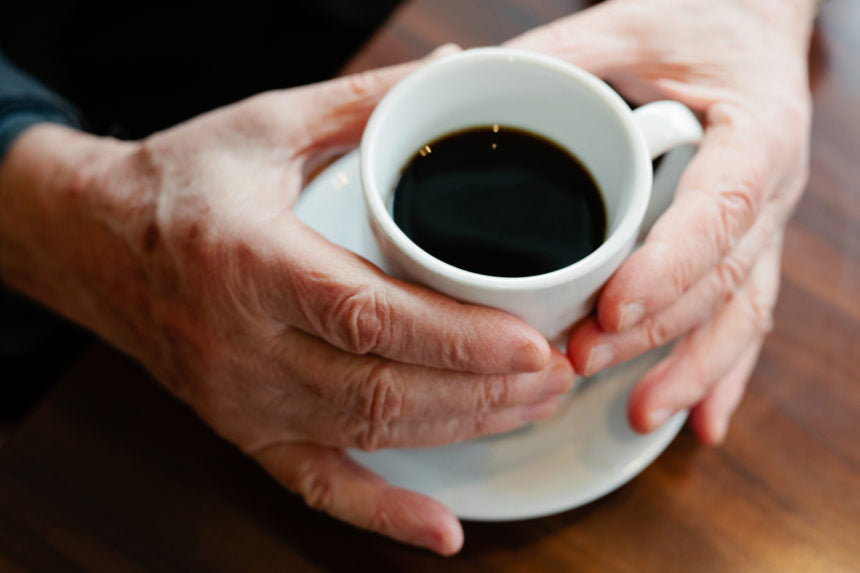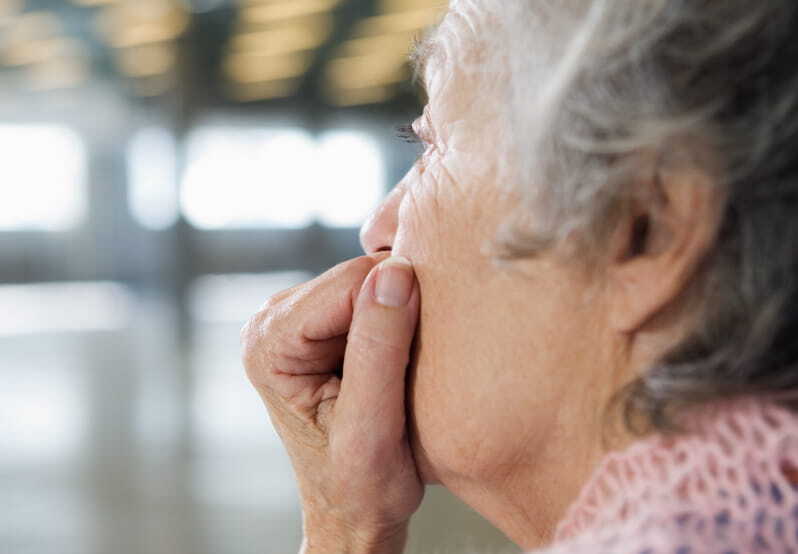Face tremors, though less common than those in other parts of the body, can significantly impact an individual's quality of life. In this exploration, we delve into the intricacies of facial tremors, face twitching causes, understanding their symptoms, causes, the diagnostic process, and the array of treatment options available.
Understanding Facial Tremor:
Facial tremors refer to involuntary rhythmic movements in the muscles of the face. While relatively rare, they can be a source of distress and concern for those affected.
Symptoms of Facial Tremor:
The symptoms of facial tremor may include subtle to pronounced shaking of the facial muscles, often noticeable during specific activities such as speaking, eating, or facial expressions.
What Causes Facial Tremor?
Essential Tremor:
- Essential tremor is a common cause of facial tremors, characterized by involuntary shaking during voluntary movements. It can affect various parts of the body, including the face.
Parkinsonian Tremor:
- A tremor associated with Parkinson's disease can extend to the face, leading to facial tremors. This tremor is often seen at rest and may affect the lips, chin, or jaw.
Multiple Sclerosis:
- Facial tremors can also result from neurological conditions like multiple sclerosis, where disruptions in nerve signals impact muscle control.
Facial Tremor Diagnosis:
Diagnosing facial tremors involves a thorough examination by a healthcare professional, including a detailed medical history, physical examination, and, in some cases, neuroimaging studies such as MRI or CT scans to rule out underlying causes.
Sudden Uncontrollable Shaking In Elderly:
Sudden, uncontrollable shaking in the elderly can be a concerning symptom that warrants prompt attention and evaluation by healthcare professionals. This involuntary shaking, known as tremors, may have various underlying causes in older individuals. It could be associated with age-related conditions such as essential tremor or Parkinson's disease, medication side effects, metabolic disorders, or neurological issues. Given the potential range of serious medical conditions that may contribute to sudden shaking in the elderly, seeking immediate medical advice is crucial for a thorough assessment, accurate diagnosis, and appropriate management of the underlying cause to ensure the well-being and quality of life for the individual.
Causes Of Facial Twitching In Adults:
Facial twitching in adults can stem from a variety of causes, and while often benign, it's essential to consider potential underlying factors. Common triggers include fatigue, stress, or excessive caffeine intake, all of which can contribute to temporary muscle spasms in the face. Additionally, facial twitching may result from neurological conditions such as hemifacial spasm or Bell's palsy, both of which affect facial nerves. Other possible causes include certain medications, electrolyte imbalances, or structural issues like compressed nerves. Persistent or worsening facial twitching should prompt consultation with a healthcare professional to rule out any serious conditions, determine the root cause, and establish an appropriate course of action for effective management or treatment.
How is Facial Tremor Treated?
Medication:
- Depending on the underlying cause, medications such as beta-blockers, anticonvulsants, or Botox injections may be prescribed to manage facial tremors and alleviate symptoms.
Surgery:
- In severe cases or when medications are not effective, surgical interventions like deep brain stimulation (DBS) may be considered. DBS involves implanting electrodes in specific brain regions to regulate abnormal nerve signals and control tremors.
Lifestyle Changes:
- Implementing lifestyle changes can also contribute to managing facial tremors. These may include stress reduction techniques, adequate sleep, and avoiding stimulants like caffeine and nicotine.
What Causes Involuntary Shaking Of The Head?
Involuntary shaking of the head, known as tremors or head tremors, can be attributed to various factors, ranging from benign to more serious underlying conditions. One common cause is essential tremor, a neurological disorder characterized by rhythmic, involuntary movements. Stress, fatigue, and anxiety can exacerbate these tremors. Another potential cause is Parkinson's disease, a progressive neurological disorder that often involves tremors, including those affecting the head. Medication side effects, especially certain antipsychotics or mood stabilizers, may also induce head tremors. Other factors such as caffeine, alcohol withdrawal, or metabolic imbalances could contribute to involuntary head shaking. Given the diverse range of potential causes, it is crucial for individuals experiencing persistent or worsening head tremors to seek medical evaluation. A healthcare professional can conduct a thorough examination, identify the specific cause, and recommend appropriate interventions or treatments based on the underlying condition.
Understanding the unique factors contributing to facial tremors is crucial for developing a targeted and effective treatment plan tailored to individual needs. Seeking professional medical advice ensures accurate diagnosis and comprehensive care.
Facial tremors, though challenging, are manageable with the right approach. With advancements in medical science and a multidisciplinary treatment strategy, individuals experiencing facial tremors can navigate their condition, enhance their quality of life, and regain control over their facial muscle movements. If you or someone you know is dealing with facial tremors, consult with a healthcare professional for personalized guidance and support.



